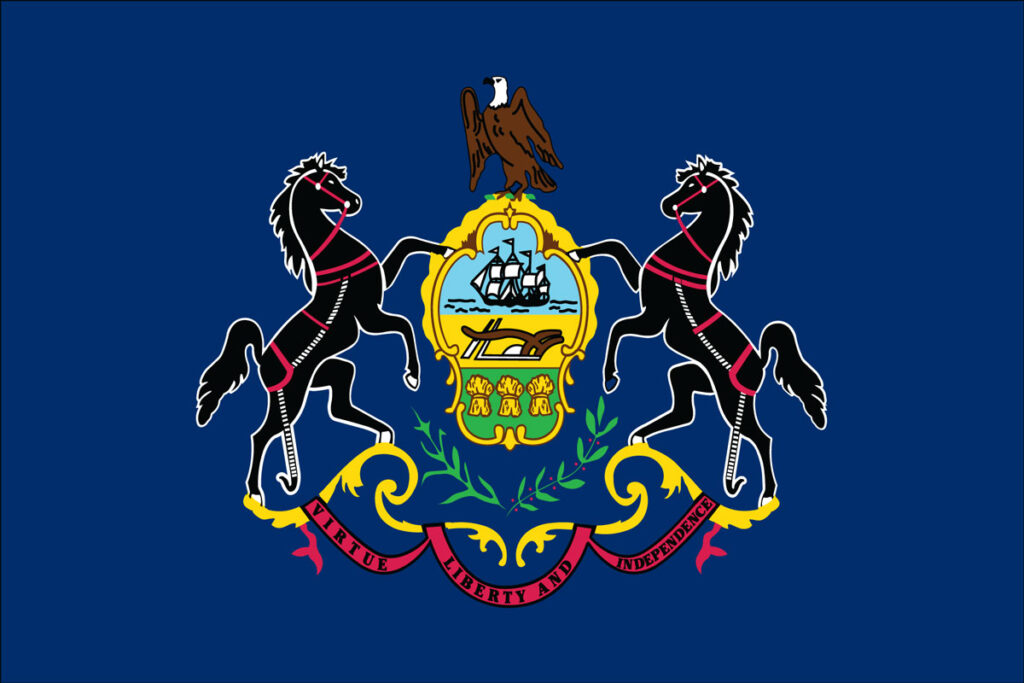Pennsylvania will soon become the sixth member of the Multi-State Internet Gaming Agreement (MSIGA), which will give the online sites operating there the option to put all its players under one virtual roof.

Doug Harbach, communications director for the Pennsylvania Gaming Control Board, told several poker news outlets that shared player liquidity is coming sooner than later — and maybe within the next few weeks.
Pennsylvania applied to become a member of MSIGA in the fall and was accepted in December. Like all things bureaucratic, there’s mountains of paperwork to be signed and approved, and that’s what’s going on right now.
Once that’s all done, the United States’ largest poker network will grow by one.
What it means
Once all those t’s are crossed and i’s dotted, the online sites that operate in Pennsylvania — and also have operations in members states — will have the option to put all their players on one site. Right now, that’s three rooms: WSOP Online, PokerStars, and BetMGM.
WSOP Online is the only of the three that puts its players in New Jersey, Nevada and Michigan on one site. There is no doubt that it will hook up its Pennsylvania product to this room as soon as possible. No longer will players in Pennsylvania only compete against themselves for WSOP bracelets, WSOP rings, and smaller prize pools.
If everything goes smoothly, players in Pennsylvania will compete in the same bracelet events this year as those in the three states WSOP Online shares player liquidity. This means bigger prize pool promises and access to several dozen online events. Using last year’s schedule as an example, only four bracelets were won by players in Pennsylvania.
Players in Nevada, New Jersey and Michigans competed for 33.
The online portion of the WSOP schedule has yet to be released, even though we’re about a month from this start. Reading the tea leaves, it seems that Pennsylvania will be part of the non-sequestered schedule.
Both PokerStars and BetMGM shares players between Michigan and New Jersey. There’s no reason to believe that these two sites will not combine their player pools, especially since both sites are spreading qualifiers for their live events.
West Virginia and Delaware are the other two members of MSIGA. Delaware currently does not have a site operating there because its lottery board allowed its contract with the previous provider to lapse without a replacement, and no sites have opened up in West Virginia despite a strong online gambling and casino industry because of its small population.
Connecticut lawmakers are looking to join MSIGA and several other states — New York being the largest one — keeps getting tantalizing close to legalizing online poker.
The ball is certainly rolling very slowly, and often uphill, but bit by bit, online poker in the U.S. is coming back to life after it was murdered by the lawmakers behind the Unlawful Internet Gambling Enforcement Act of 2006.


